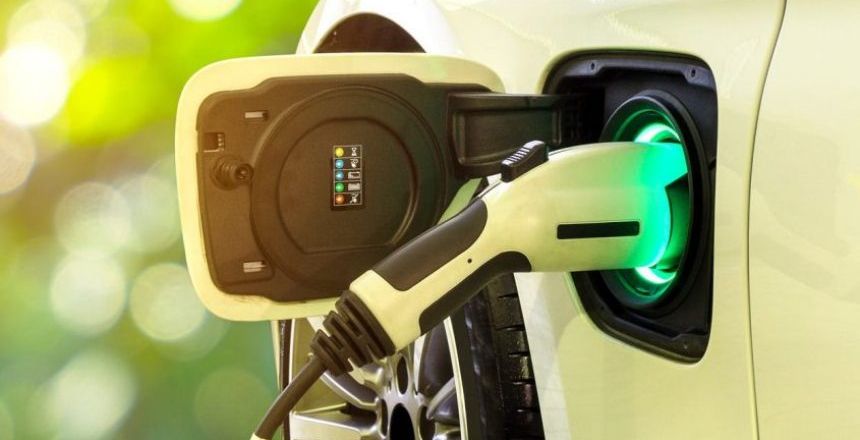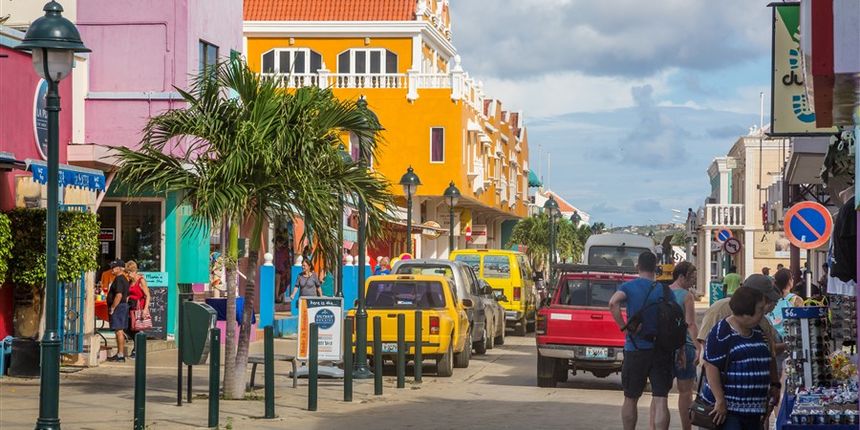News Sustainable Energy Smart Mobility Social Improvement
2 min.
Recently, the central Dutch government announced its ambitions to have the entirety of Bonaire running on sustainable energy by 2035, including all of the cars on the island. The announcement was, perhaps logically, met with some skepticism by some of its inhabitants, but several political parties on the island seem to be supportive of the sustainability ambitions. The Bonaire People’s Movement (BPM or Movementu di Pueblo Boneriano) sounds particularly motivated by the objective to have only electric cars in Bonaire by 2035.
“Sustainable driving is one of my main objectives”, declared Elvis Tjin Asjoe, leader of the BPM, a few weeks ago, “Now we have to make its adoption advantageous for all”.
Plans met with criticism
“I feel like many more things need to be done first, many more”, says one Bonairian, “I don’t believe it’s feasible”, says another, all of them in response to the question whether the objective of transitioning entirely to electric cars by 2035 is feasible for Bonaire. The short clip posted on Youtube by NTR Caribisch Netwerk shows how several locals are taking the government’s current electric driving plans with a considerable grain of salt. They are not the only ones though, as several policy makers on the island are skeptical as well and Clark Abraham, leader of the Demokrat/PDB (Partido Demokrátiko Boneriano, or Democratische Partij Bonaire in Dutch), is one of them.
Abraham is particularly worried about electric driving becoming an advantage for the wealthy on the island. “Because many people are already unable to afford a car now and electric cars are even more expensive. How are we going to compensate this for those people?”, he asks. On top of that, Abraham explains that, in order for the electric driving ambitions to be fulfilled, considerable preparations are needed first. “Imagine, we start with the touristic sector”, he explains, “We will encourage taxi drivers to drive electric cars and we’ll help them with the purchasing of the vehicles. In that case, we’ll first need sufficient charging stations [around the island]. And what about the batteries? How do we dispose of and process those”?
Lots of support for electric driving ambitions as well
While the criticism and comments from local inhabitants and politicians are valid in many cases, the electric driving ambitions for 2035 can also count on a lot of support in the region. Previously, we mentioned Elvis Tjin Asjoe’s support of the plans and most of the current opposition parties have a moderately positive to positive outlook as well.
“It’s possible”, states Désirée Coffie, leader of independent paty M21 (Movementu 21), about the feasibility of the plans, “It’s just that, the entire infrastructure of Bonaire is not yet ready for it. I think that’s the first thing we will need to work on. In other countries, where people need to bridge longer distances, you often hear that people don’t want electric cars. On an island though, you can easily drive around the whole day [in an electric vehicle] and charge it at night”.
“Step by step, people on Bonaire are already driving silently”, says Island Council member Tjin Asjoe, “There are more and more electric bicycles and electric scooters [on the island]. In a year’s time, I think there will be lots more electric vehicles active in Bonaire”.
The basis for this article was originally published on www.caribischnetwerk.ntr.nl and others in October 2022.





